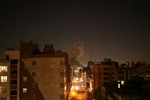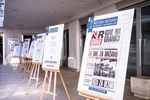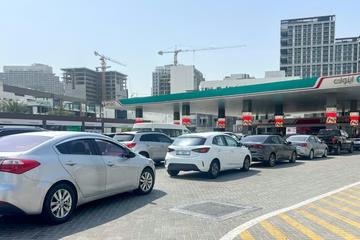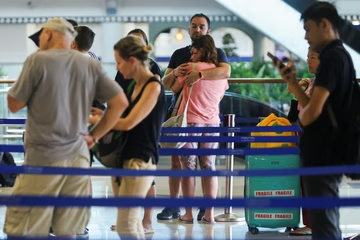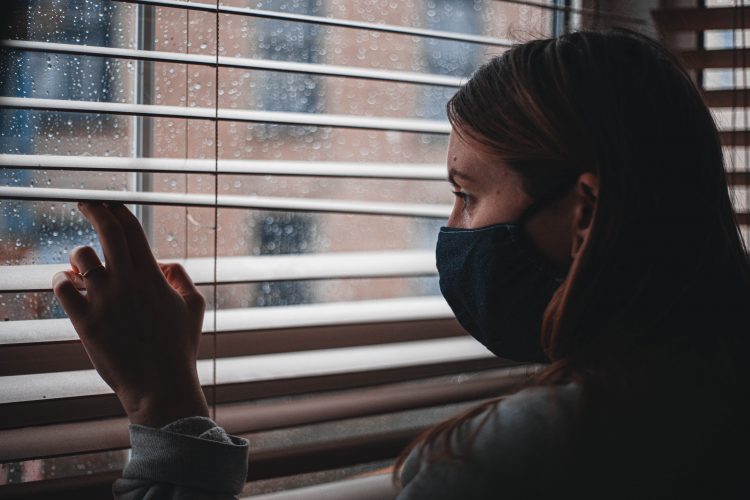
The more dangerous and more transmissible Delta variant has spread to almost every state in the US, fueling health experts' concerns about Covid-19 spikes.
The variant is expected to become the dominant coronavirus strain in the US, the director of the US Centers for Disease Control and Prevention said. And with half the US still not fully vaccinated, doctors say it could cause a resurgence of Covid-19 in the fall -- just as children too young to get vaccinated go back to school.
In Los Angeles County, the pace of Delta's spread has prompted officials to reinstate mask guidance for public indoor spaces -- regardless of vaccination status.
The new, voluntary mask guidance is necessary until health officials can "better understand how and to who the Delta variant is spreading," the county's department of public health said.
The Pfizer/BioNTech vaccine has shown to be 88% effective against symptomatic infections caused by the Delta variant -- two weeks after the second dose. Those who are only partially vaccinated have significantly less protection.
And Moderna's vaccine was found in lab experiments to work against new variants such as the Delta strain, the company said Tuesday. Researchers used serum samples from eight participants taken a week after they received their second dose of vaccine.
But the spread of coronavirus is outpacing vaccinations, the World Health Organization said. And the longer coronavirus spreads among unvaccinated people, the more opportunities it has to mutate into more troubling variants.
Now the Gamma variant has been shown to be more resistant to vaccines and antibody treatments. Last week, the WHO said even those who are fully vaccinated should wear masks in places with high rates of Covid-19 spread.
Many states have not reinstated mask mandates for the upcoming school year, including New Jersey -- where masks will not be required "unless the district decides to make it protocol," Gov. Phil Murphy said Monday.
But that could change if the situation gets worse, he said.
In the US, hot spots like Missouri are also seeing increased hospitalizations due to the Delta variant. Those hospitalized now are younger than those hospitalized during the winter Covid-19 surge.
"People in their late teens and even early 20s are being hospitalized and needing the use of ventilators," said Katie Towns, acting director of Springfield-Greene County Health Department.
With some schools starting in early August, parents of children ages 12 and older would need to get their adolescents vaccinated soon to be protected before the school year.
The Pfizer/BioNTech vaccine is the only one authorized for children 12 and up. It requires two doses, spaced three weeks apart, and the vaccine doesn't fully kick in until two weeks after the second dose.
So it'll take five weeks from the first dose of the Pfizer/BioNTech vaccine to be fully vaccinated.
Some vaccines offer years of protection, study shows
A new study suggests the two-dose Pfizer/BioNTech vaccine should keep an immune response up for years -- unlike vaccines for the flu that need a yearly booster.
The human body produces antibodies to attack and neutralize an invader such as a virus, but antibodies typically die off over time. To ensure a long-term response, the body needs to be able to make more antibodies that can specifically respond to certain viruses via B-cells.
Researchers at Washington University in St. Louis found people who got both doses of the Pfizer/BioNTech vaccine had little factories called germinal centres that make B-cells that should specifically recognize the novel coronavirus, meaning there's a possibility for long-lasting protection, according to a study published in the journal Nature.
Kakvo je tvoje mišljenje o ovome?
Učestvuj u diskusiji ili pročitaj komentare





 Srbija
Srbija
 Hrvatska
Hrvatska
 Slovenija
Slovenija



























